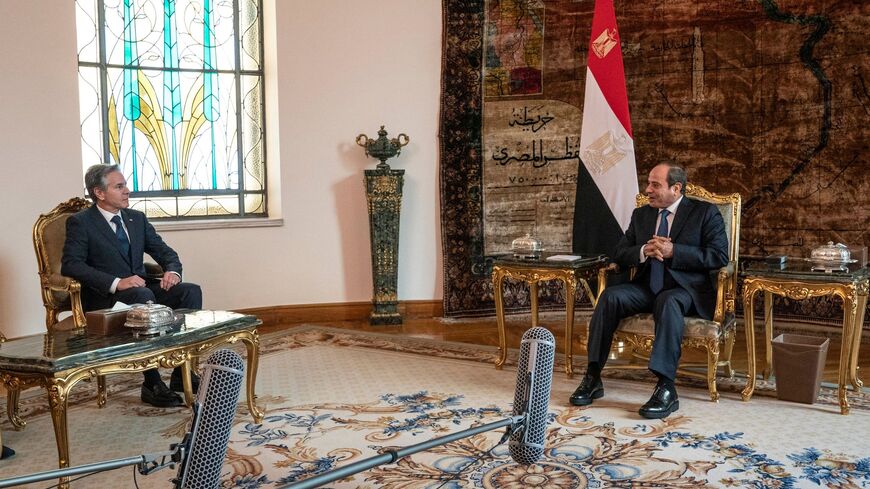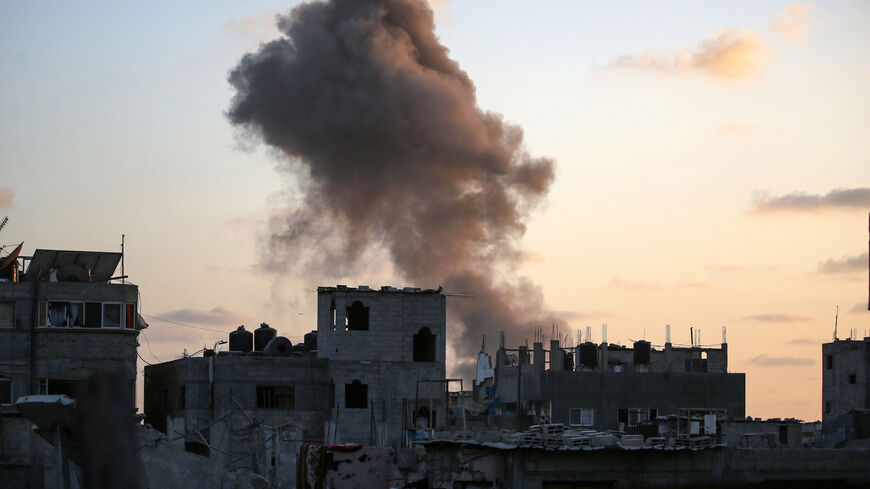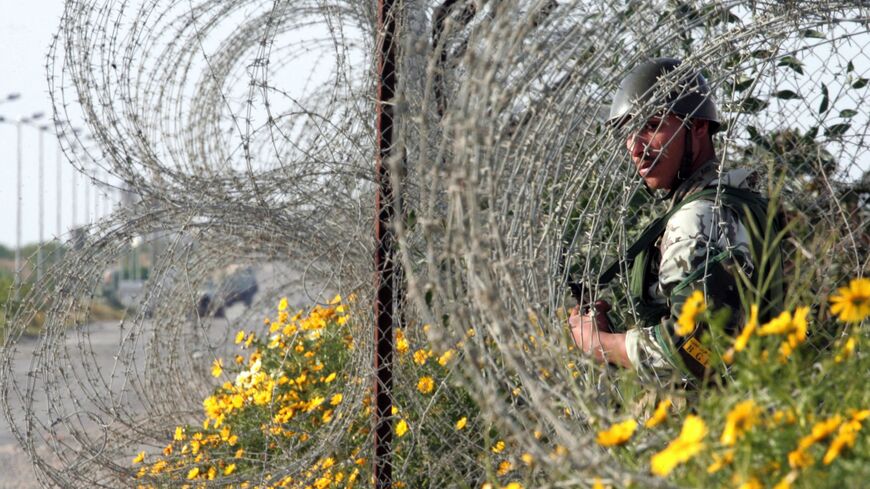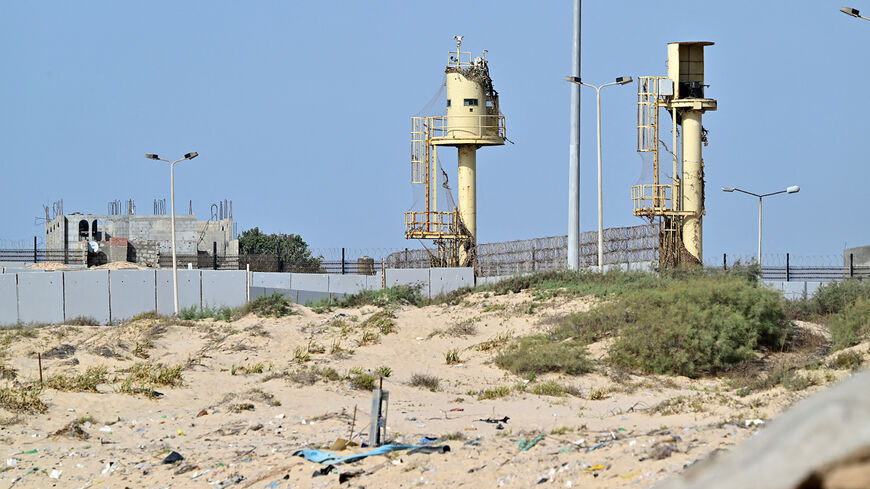Israel in control of Philadelphi Corridor, expects 7 months of war
The Israeli military says its troops are stationed along most of the border and that its firepower covers the whole frontier.
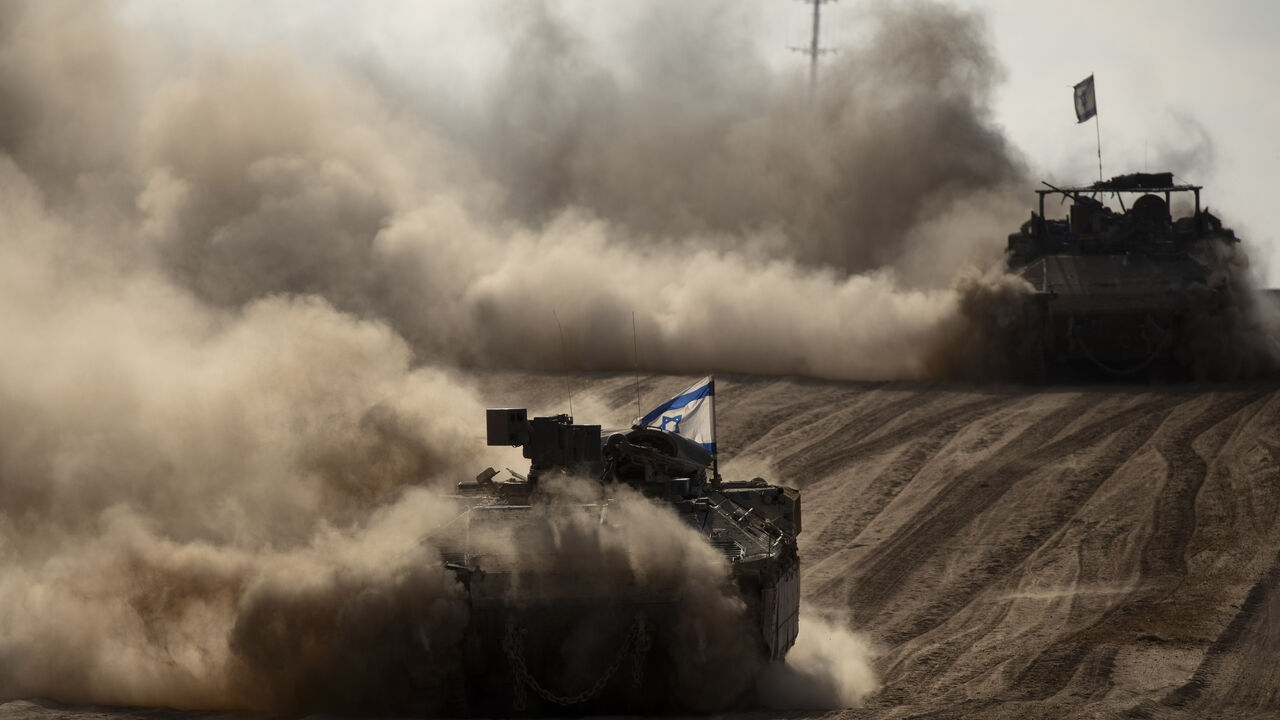
The Israeli military said Wednesday it had established “operational control” over the entire Philadelphi Corridor, the 14-kilometer (8.7-mile) stretch of land running along the Gaza-Egypt border.
Israeli troops are physically present along most of the corridor apart from the last section near the coast, the Israel Defense Forces said, adding that it controls that final area by surveillance and firepower. Having gained control over the corridor, the IDF said it is now positioned to prevent Hamas from smuggling munitions from Egypt into the Gaza Strip.
The military said it had uncovered 20 tunnels running under the corridor from Gaza to Egypt, and 82 tunnel shafts near the corridor as well as dozens of rocket launchers.
While the IDF said it informed its Egyptian counterparts of the discovery of the tunnels, Israel’s public broadcaster Kan quoted an unnamed senior Egyptian official Wednesday as denying that any such dialogue had taken place.
The announcement came hours after Prime Minister Benjamin Netanyahu's national security adviser Tzachi Hanegbi said in an interview that the military operation in Gaza will last for at least another seven months.
Interviewed by Kan, Hanegbi said, "We expect another seven months of fighting to deepen the [military] achievement, and reach what we define as the destruction of Hamas' governmental and military capabilities."
Hanegbi had said earlier in the day that the Israeli military now controls 75% of the Philadelphi Corridor. He also said that Israel will work with Egypt to prevent smuggling of ammunition into the Gaza Strip.
Meanwhile, war cabinet member Gadi Eisenkot, who lost his son and nephew fighting in Gaza, called Wednesday for fresh elections to be held between September and December.
"I see the polls on the issue of trusting the IDF, and it is very disturbing to see the complete lack of trust between the citizens and the Knesset, between the citizens and the government. We need to hold elections," said Eisenkot, speaking at the Meir Dagan Conference in Netanya. Eisenkot said that an election date should be set within a few weeks after the limited operation in Rafah is over.



